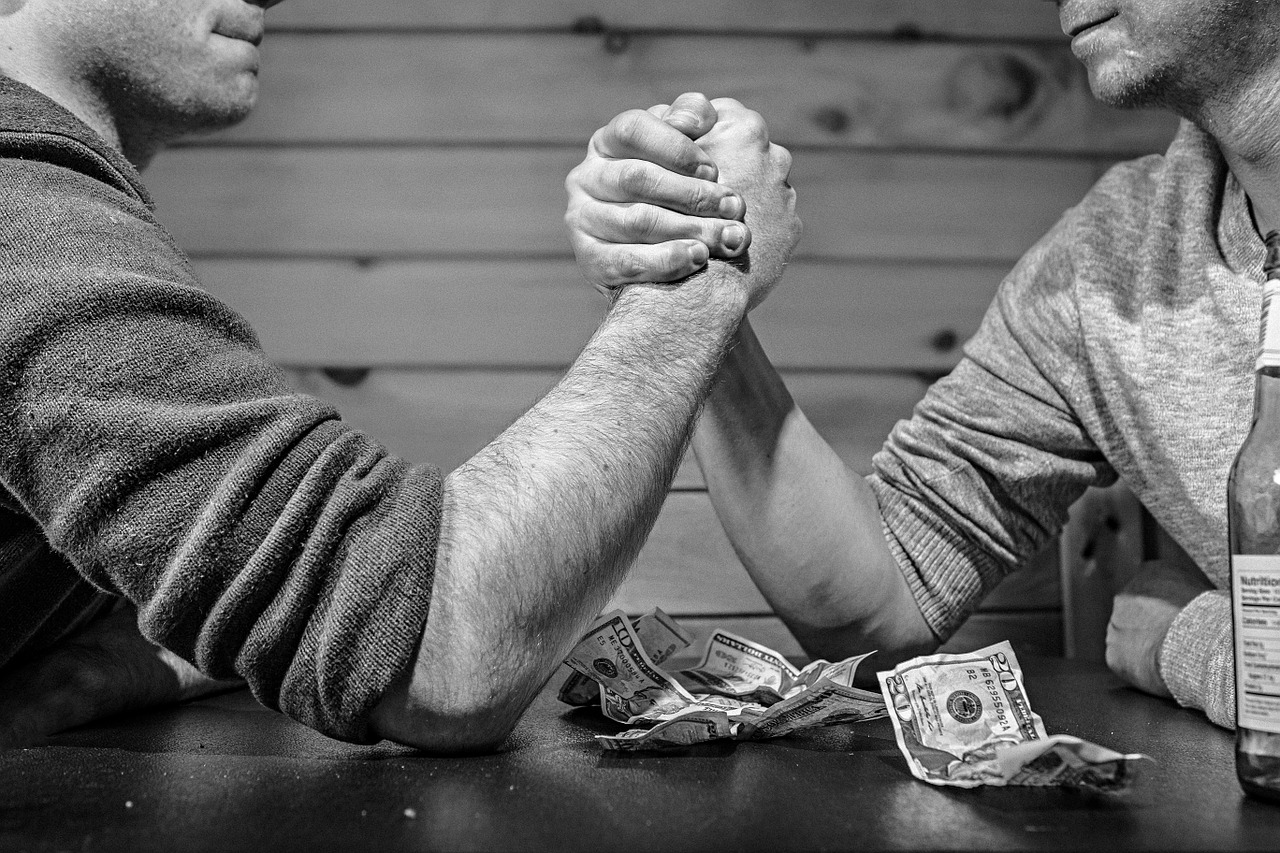Growth starts by looking back
Many trace the concept of an inner child to psychiatrist Carl Jung, who described a child archetype in his work. He linked this internal child to past experiences and memories of innocence, playfulness, and creativity, along with hope for the future. So let’s explore what understanding the inner child is
Experts describe this inner child as an expression of not just your child self, but your lived experience of all life stages. The inner child is also noted as a source of strength, since early experiences can play a significant part in your development as an adult.
This can go both ways, though: When childhood experiences negatively affect you, your inner child may continue to carry these wounds until you address the source.
Unpacking the inner child
As a rule the traumas (physical, emotional and psychological) of childhood are a function of damaging parenting and environmental backdrops. These namely are as a result of your own parents or careers having inadequate skillsets or an inability to harness nurturing and supporting emotions. Further thus being unable to optimally educate and nurture children into well rounded, considered, balanced and stable adults. This is not to say your parent’s weren’t incredible and loving in many ways. Perfection isn’t possible and all humans have the ability to hurt another. This of course is especially true with the parent-child relationship.
It’s therefore extremely vital that the inner child is heard in order to unpack how certain behaviours and situations shaped you made you feel and have carried forward into your adult self
“Nothing has a stronger influence psychologically on their environment and especially on their children than the unlived life of the parent” – Carl Jung
Talking to your inner child
One powerful way of seeing your inner child is to keep a photo of yourself on your mirror and talk to him/her. Sounds a bit odd at first but showing love to that person is incredibly powerful. One of Bluemind’s core messages is “You don’t know what you don’t know” and that’s true for all people including parents and children so FORGIVE them and yourself for things that were done and said without love and care.
Another way to frame this is to see your early years through the eyes of gratitude and remember the positive things and efforts that were made rather than fixate on the negative aspects of it. This is not to forget and remove the negatives but it helps YOU realise that your trauma was a function of someone else’s damaged inner child and inadequacies to regulate their disruptive and unhealthy emotions.
“In every adult there lurks a child— an eternal child, something that is always becoming, is never completed, and calls for unceasing care, attention, and education. That is the part of the personality which wants to develop and become whole “ – Carl Jung

Write down your childhood
Think in ink! Write down things about your behaviour that you think are related to how your childhood played out. When you feel rejected or unheard in adult life for example? is that a function of feeling abandoned or not listened to when your were younger? Did one of your parents get angry and shout? That is going to impact you as you go through life and trigger you to repeat that behaviour or run away from it. You learn the good stuff from your parents and also, unfortunately the bad stuff. So write down connections between behaviours now and what you saw as a child and then do the work to process that, with a therapist by your side.
Reconciling your inner child
Many people feel that to gain some degree of closure or being able to move forward then there needs to some kind of acknowledgment of feelings between two parties. It’s fair to say that one of the hardest challenges in inter personnel navigation is being understood by other people. Emotions are deeply complex and it has helped me to accept this applies to adult <> child relationships. Whilst it probably helps for a parent to acknowledge their role in parenting, good and bad, some will not understand this or take accountability. You therefore need to see and be prepared to not be heard by the people you perhaps need it most from. That’s OK. Hurt people hurt people and it doesn’t prevent you leading a fulfilled and meaningful life or maximising your own potential. Look at your childhood as a part of who you are, and not you the being you are today.
Parents do their best with the resources that have at that time. Nobody is perfect, infact we are all deeply flawed so rise above that, work o yourself now and do not become a victim of anyone or anything that was done to you. You and your inner child deserve better!
Therapy – Professional coaching for the mind
Past trauma can cause a lot of distress. Therapists attempt to create a safe space for you to begin navigating this emotional turmoil and learn helpful strategies for healing your inner child. BlueMind supports the use of therapy to improve an understanding of who you are, seek reconciliation and power your true potential.
Therapists typically recognize how childhood experiences and other past events can affect your life, relationships, and overall well-being. But not all types of therapy prioritize exploration of past events or related concepts, such as the inner child.
Cognitive behavioral therapy, for example, is considered a highly effective treatment approach, but it generally focuses on your experiences in the present.
If you’re interested in doing some exploration of your past and getting to know your inner child, look for a therapist who has experience in this area. Typically, psychodynamically oriented psychotherapy can be a good fit.
Inner child therapy, also called inner child work, specifically focuses on this process, but other types of therapists can also offer support. It always helps to let potential therapists know the specific concerns you’d like to explore.
Therapy resources
Reading
Inner Bonding : Becoming a Loving Parent to your inner child







